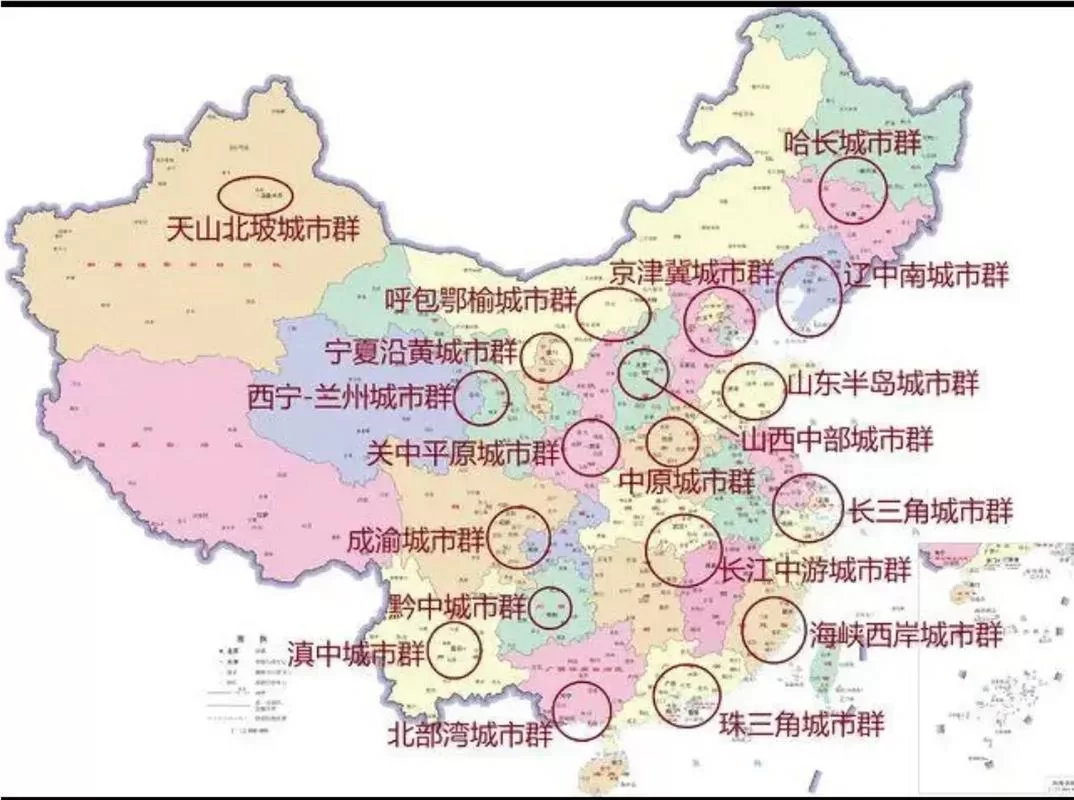
BEIJING, September 8 (WSH) — China has officially identified five major city clusters as the backbone of its future development strategy, according to the newly issued Opinions on Promoting High-Quality Urban Development.
Three World-Class City Clusters
The Beijing-Tianjin-Hebei region, the Yangtze River Delta, and the Guangdong-Hong Kong-Macao Greater Bay Area have been designated as world-class city clusters. These regions account for more than 40 percent of the nation’s GDP and are expected to lead in artificial intelligence, integrated circuits, low-altitude economy, and life sciences, consolidating their role as engines of China’s economy and hubs of global competition.
Growth Poles in the West and Central China
The Chengdu-Chongqing economic circle has been positioned as a national growth pole, leveraging its strategic location and transport networks to drive western development. Meanwhile, the Yangtze River Middle Reaches cluster is seen as a central growth driver, though it faces challenges in regional integration due to dispersed urban centers.
The “3+2+N” Urban Framework
Together, these developments form the “3+2+N” framework — three world-class clusters, two domestic growth poles, and several emerging clusters under cultivation. Policymakers expect this strategy to balance regional development and create a new stage of coordinated growth across eastern, central, western, and northeastern China.




